Why UFE May Be Right For You
Hysterectomy and other surgeries aren’t your only option for treating painful fibroid symptoms. You may be a good candidate for Uterine Fibroid Embolization (UFE), a safe and effective procedure that allows you to keep your uterus intact and get back to normal activities in about a week. At Fibroid Institute Texas, with locations in the Dallas and Houston areas, our fibroid doctors are among the top experienced UFE specialists in Texas, so you can be certain you’re in expert hands.
UFE may be right for you if:
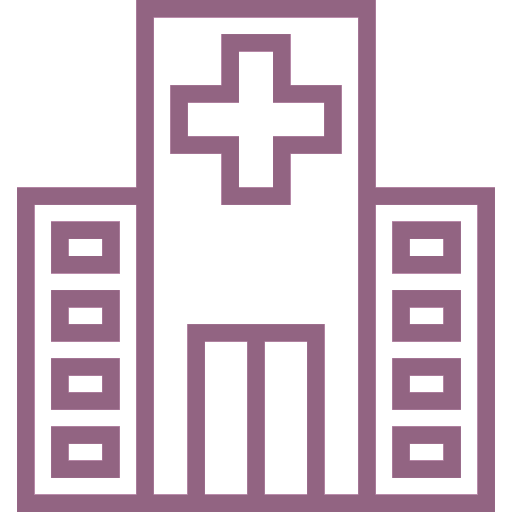
You want to avoid surgery
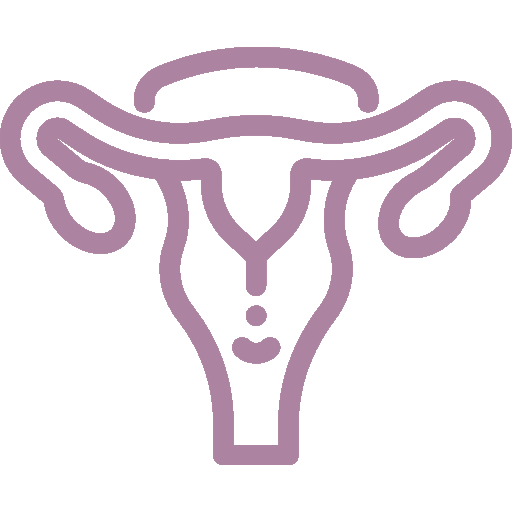
You want to keep your uterus
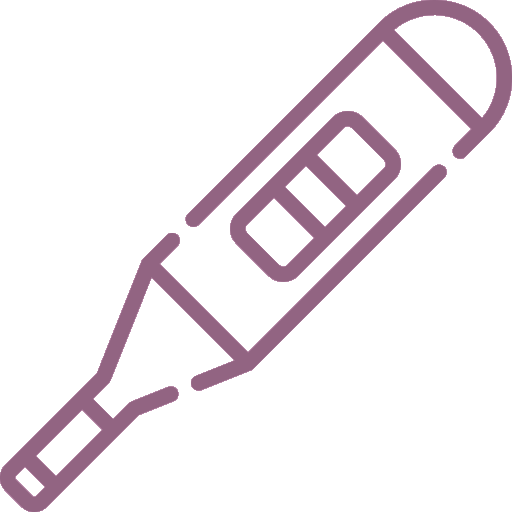
Getting pregnant is not your top priority
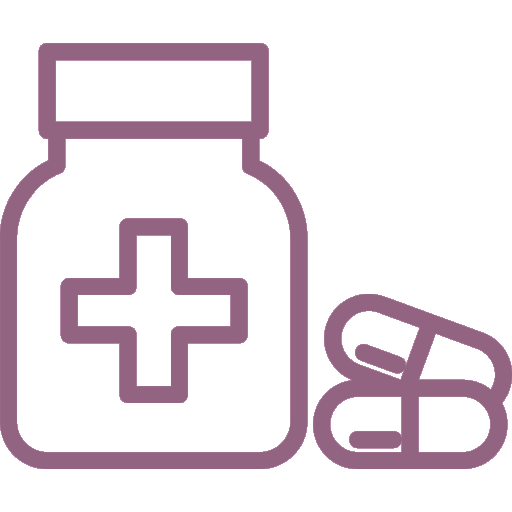
You’re having fibroid pain and other fibroid symptoms
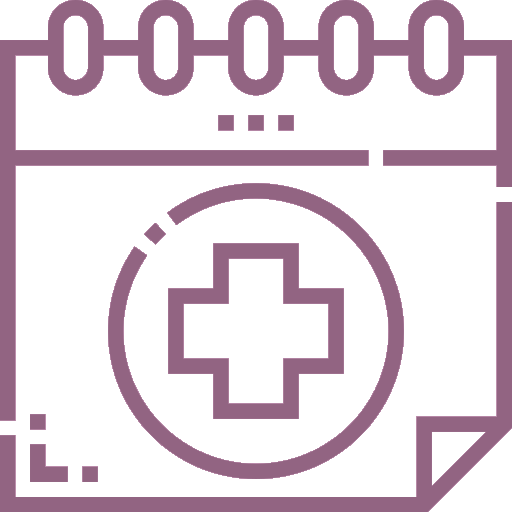
You need a shorter recovery time
Percent improvement from fibroid symptoms
Average number of days it takes to recover from UFE
Combined years of experience from our experts
Number of cases our fibroid doctors have treated
We are here to help. Please give us a call.
Sign Up for Our E-News
Looking to connect with top fibroid specialists in Dallas and Houston, Texas? Receive news and invitations to free educational and networking events from Fibroid Institute. Meet women who are #FibroidFree, and women who want to be. No spam, and we promise never to share your email address.
A Trip To See a Fibroid Doctor Finally Ended Trang’s 11-Year Journey With Fibroids
Trang* thought she was one of the lucky ones. She had been experiencing painful, heavy periods since 2012 as a result of several large uterine fibroids but was surprised to…
Empowering Women: Destigmatizing the Conversation Around Uterine Fibroids
Over the past few years, plenty of work has been done to shine an important light on the conversation about uterine fibroids. Whether it’s new legislation to bring Fibroid Awareness…
Battling Uterine Fibroids: Do Phthalates Factor In?
Not all women will experience uterine fibroids during their lifetimes. But the majority will, especially between the ages of 35 and 54. From what we know about these non-cancerous tumors,…






